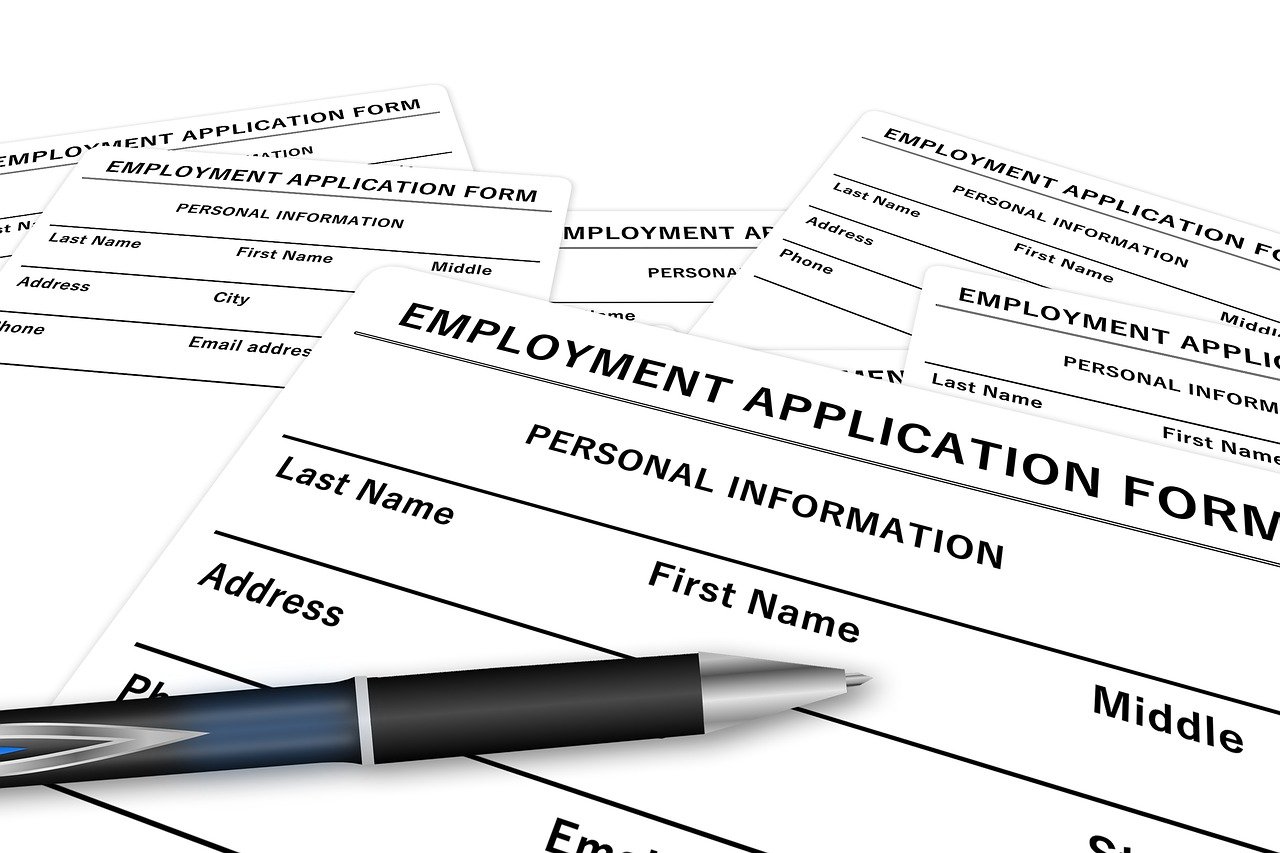Have you ever wondered whether you are a good leader or not? One way to find out is through a leadership assessment. A leadership assessment is a process to evaluate a person’s qualities as a leader. It helps individuals to identify their strengths and weaknesses, to develop improvement plans, and to enhance leadership skills.
Leadership assessments are useful tools for both individuals and organizations. They help individuals to know their leadership styles, improve communication skills, and become more self-aware. For organizations, leadership assessments help in identifying high-potential leaders, developing leadership pipelines, and enhancing overall leadership development programs.
There are various types of leadership assessments available, such as self-assessments, peer assessments, 360-degree assessments, and psychological assessments. Each of these assessments has its own benefits and limitations. Self-assessment is a simple and effective way to evaluate one’s own leadership skills. Peer assessment is useful in collecting feedback from colleagues or team members. 360-degree assessment gathers input from multiple sources, such as supervisors, peers, direct reports, and customers. Psychological assessments evaluate personality traits, behaviors, and cognitive abilities.
When taking a leadership assessment, it is important to keep a few things in mind. Firstly, be honest about your strengths and weaknesses. This is not a test that you pass or fail. It is an opportunity to learn more about yourself and your leadership style. Secondly, try not to overthink your answers. Respond to the questions as honestly and straightforwardly as possible. Thirdly, keep an open mind and be receptive to feedback. Remember that the goal of the assessment is to help you grow as a leader.
The results of a leadership assessment can be very informative. They can identify areas where you excel and areas where you can improve. For example, you may learn that you are great at delegating tasks but need to work on your communication skills. Alternatively, you may discover that you are a good listener but lack assertiveness in decision-making. Whatever the results may be, it is important to use them constructively.
One way to make the most of the results is by setting achievable goals. Create a plan to develop your leadership skills, based on the feedback you receive. Prioritize the areas that need improvement and set specific goals. For instance, if your communication skills need work, set a goal to attend a public speaking course or to practice active listening with your team members. Make sure that your goals are SMART – specific, measurable, achievable, relevant, and time-bound.
Another way to develop your leadership skills is by seeking feedback from others. Use the results of your assessment to start a conversation with your team members, peers, or mentors. Ask for their thoughts on your leadership style and how you can improve. This will not only help you gain valuable insights but also build trust and respect in your relationships.
Taking a leadership assessment can be a useful exercise for anyone who wants to improve their leadership skills. It helps individuals identify their strengths and weaknesses, develop improvement plans, and enhance their leadership potential. Remember that leadership is a lifelong journey, and there is always room for growth and development. By taking the initiative to assess yourself, you are taking a step forward in becoming a better leader.













